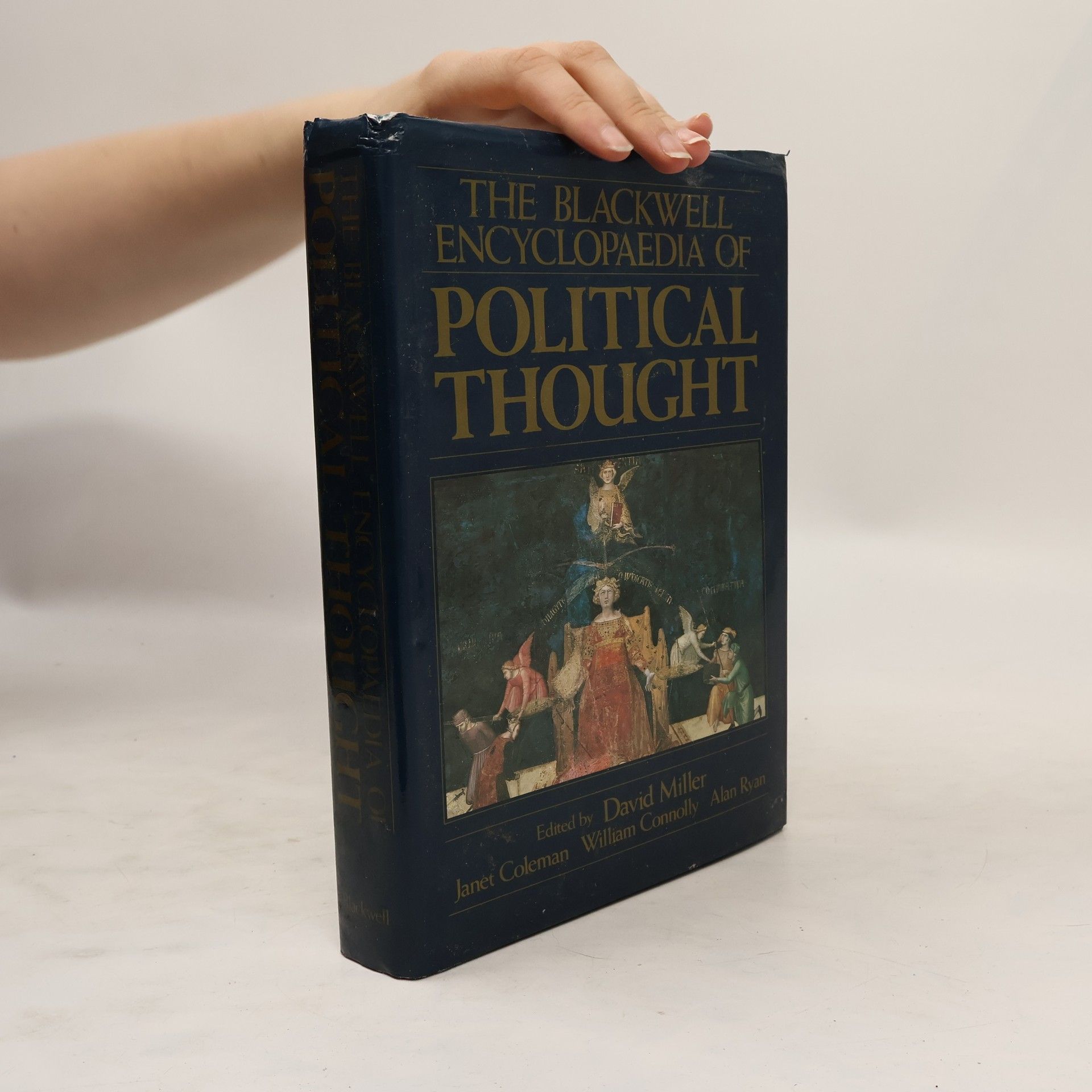Encompassing the whole spectrum of the history and theory of politics from Socrates to Rawls, this is the most comprehensive and scholarly reference work available on the subject. The 350 entries, written by a team of 120 international specialists, are a balanced blend of full-length survey articles and shorter definitions. Key concepts in political thought are defined and analyzed, and ideologies are considered in relation both to historical context and to contemporary politics. All articles are cross-referenced and indexed.
William Connolly Livres
William E. Connolly est un théoricien politique reconnu pour ses explorations perspicaces de la démocratie et du pluralisme. Ses analyses remettent en question les compréhensions conventionnelles de la politique, soulignant la lutte perpétuelle pour le pouvoir et l'influence. L'approche de Connolly se caractérise par une profonde profondeur intellectuelle et une volonté de démystifier les processus politiques. Son œuvre pousse les lecteurs à contempler la nature fluide des systèmes politiques et leur impact sur la liberté individuelle.


Blackwellova encyklopedie politického myšlení
- 581pages
- 21 heures de lecture
Rozsáhlé encyklopedické dílo z oblasti politických věd. Obsahuje jednak samostatná hesla o těch filosofech, historicích, právnících, sociolozích a ekonomech, kteří zásadním způsobem přispěli k politické teorii, jednak rozsáhlá souhrnná hesla o hlavních obdobích politického myšlení (řecké politické myšlení, renesanční politické myšlení atd.) a o hlavních ideově politických proudech (liberalismus, konzervatismus, marxismus atd.). Encyklopedie je určena jak vysokoškolským a středoškolským studentům, tak široké laické veřejnosti se zájmem o politické dění.... celý text